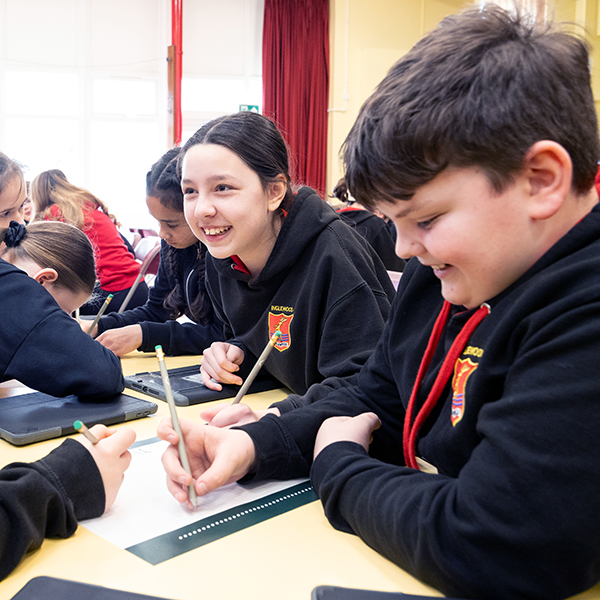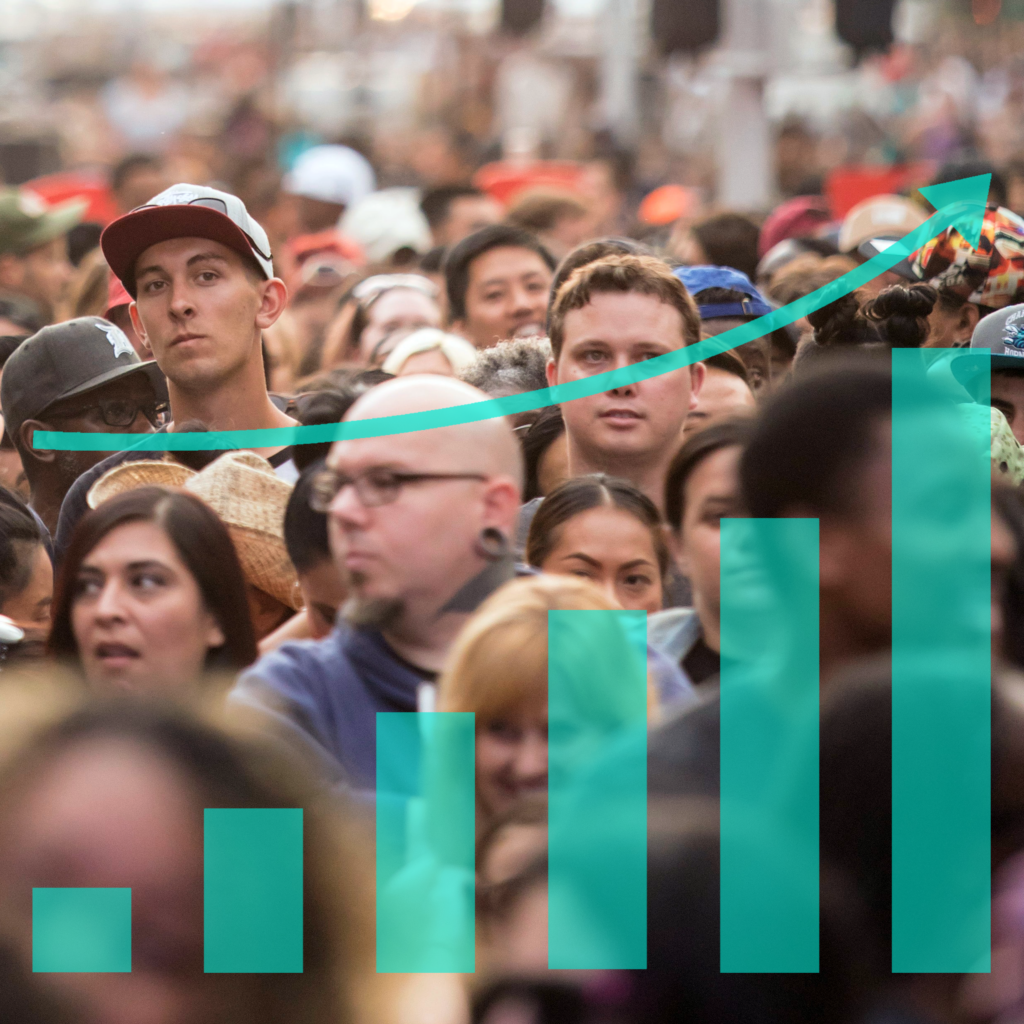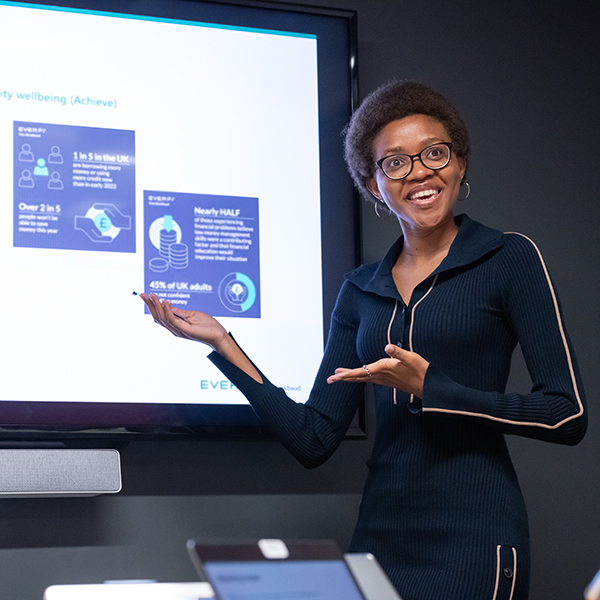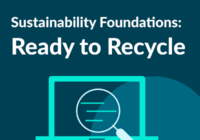Bridging the data skills gap
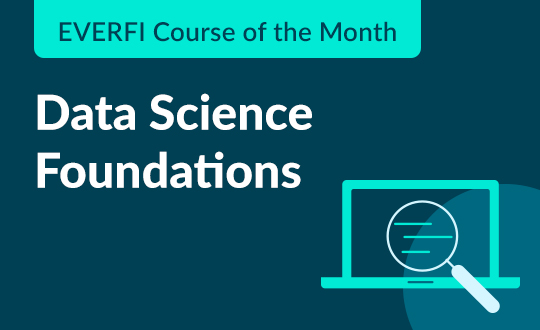
These days, data makes the world go round. Businesses and governments use all kinds of data to understand what is going on and to inform decisions: from birth rates and economic indicators to health outcomes and online users’ behaviour, and so much more. Organisations need professionals skilled in collecting, processing, and analysing data to make the most of the available information and to innovate.
Demand for data skills is growing across industries, but there are not enough qualified people to fill vacancies for data scientists, data engineers, data analysts, and related jobs1. Businesses can help bridge this skills gap to support economic growth and their own talent pipeline.
The problem
Several studies have shown a large gap between demand and availability of data-skilled professionals in the UK:
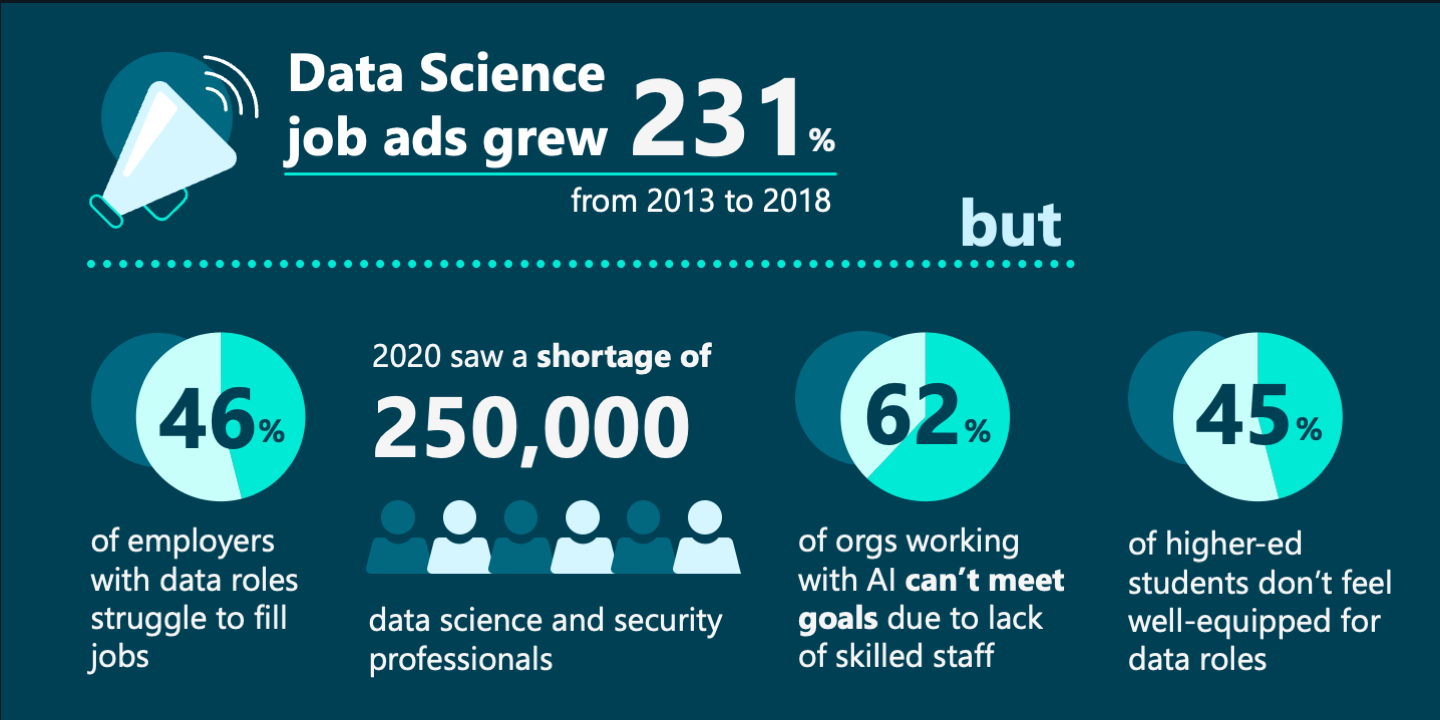
The reasoning
In the UK, basic data science skills are taught at school, but the majority of teachers responsible for this instruction is not confident with the subject and lacks adequate support2. In the absence of real-world examples of how data affects their lives, young people struggle to understand the topic and often fail to grasp the exciting careers data skills can enable. By providing access to educational resources and by sharing examples of how data is used in a real-life business context, organisations can support the development of data skills and get students excited about data science careers.
Supporting data science learning through schools is a great way to democratise access to education on this topic. Given the role of data in disruptive technologies like artificial intelligence, such democratisation of training is especially important: a more diverse data-skilled workforce can lead to a future with fewer algorithmic biases, thus contributing to less inequality and prejudices3.
The how
Organisations can sponsor EVERFI’s Data Science Foundations course for schools across the UK. This ‘bootcamp’ empowers 14-to-16-year-olds with knowledge about the fundamentals of data science, its currency in the job market, and its applicability to everyday life.
- Drive interest in data science careers
- Teach students the basics of collecting, visualising, and understanding data
- Ensure young people’s success in a tech-driven future
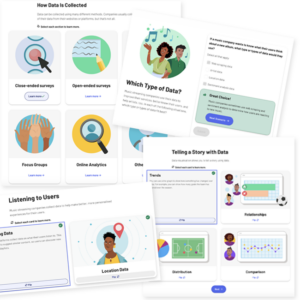 Delivered online, the course uses real-world scenario exercises, quizzes, and a virtual interactive lab to teach foundational skills and give an overview of different industries that use data science or employ data scientists, as well as exploring the role of data in daily life. It comprises four modules:
Delivered online, the course uses real-world scenario exercises, quizzes, and a virtual interactive lab to teach foundational skills and give an overview of different industries that use data science or employ data scientists, as well as exploring the role of data in daily life. It comprises four modules:
- What is Data Science?
- Collecting, Cleaning, and Validating Data
- Analysing and Visualising Data
- Reporting and Acting on Data
Teachers can deliver this course in classrooms anywhere in the country; organisations can offer it to schools in specific regions or scale it up to reach a larger number of students.
The impact
UK students who completed Data Science Foundations report discovering an entirely new area of knowledge and previously unknown career possibilities:
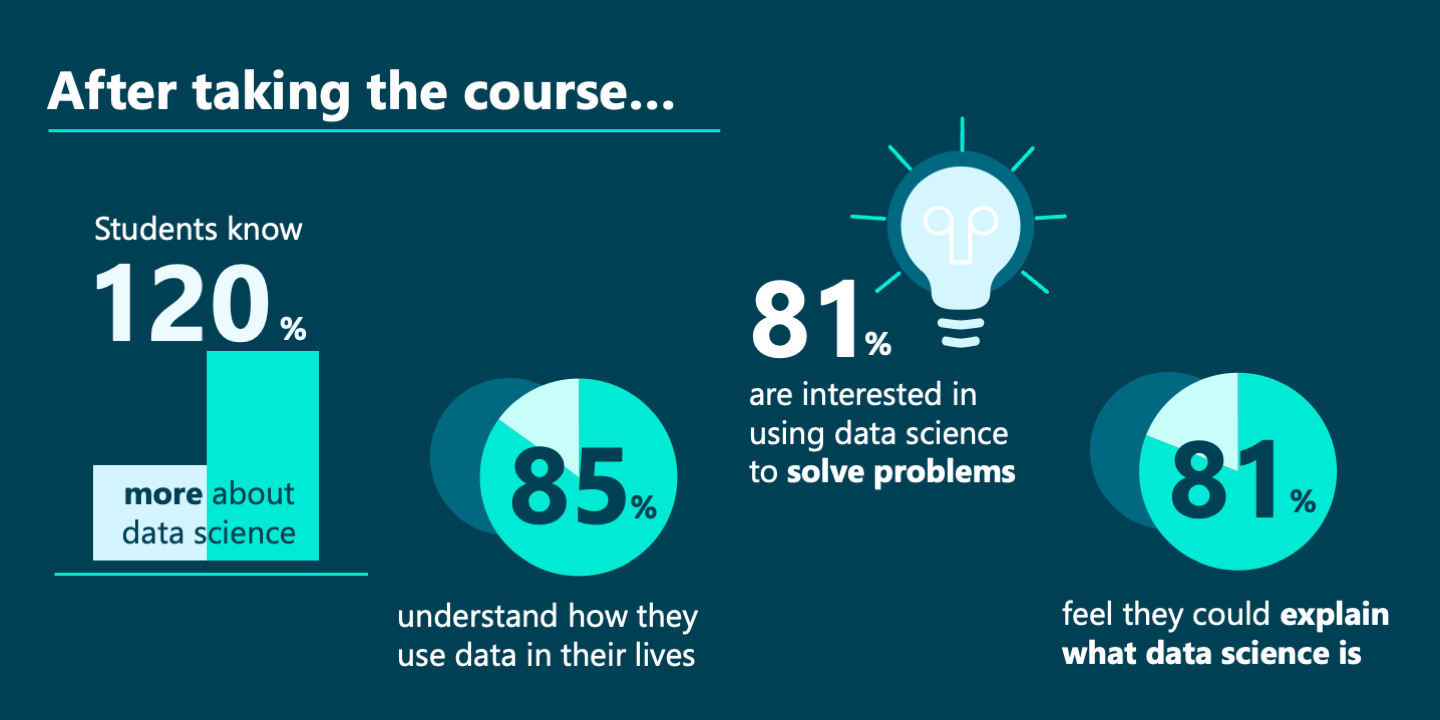
Bridge the Data skills gap and nurture your talent pipeline
Get in touch to find out about sponsoring this course.
Sources:
1,3 UK Parliament POST. (2023). Data science skills in the UK workforce.
2 The Royal Society. (2017). After the reboot: Computing education in UK schools.
Infographic data sources:
1 The Royal Society. (2019). Dynamics of data science skills: How can all sectors benefit from data science talent?
2,5 Department for Digital, Culture, Media and Sport & Department for Science, Innovation and Technology. (2021). Quantifying the UK Data Skills Gap – Policy paper.
3 Future Learn. (2021). Data Science insights: Job and market growth stats.
4 Dabhi, K. & colleagues. (2021). Understanding the UK AI labour market 2020.
Watch the video:
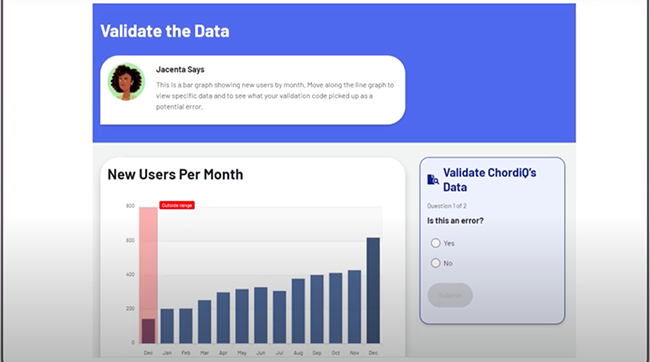
Data Science Foundations
‘Before the course, I had no idea what data science was, and I had no interest in it whatsoever. I realised how fun data science is and now I know that I can use this for a job.’ – Student
‘When the lesson started I thought, ‘This is just going to be really boring,’ but then I got more into it, and it was really interesting. And I’d probably do data science growing up.’ – Student
‘If someone came up to me and said they wanted to start a business, I’d say, ‘Use data science.’’ – Student
‘I had never thought of all these different types of careers — marketers, buyers, social media — having to use data science.’ – Student
‘We used the course to show them maths isn’t just about solving equations on a page, but that actually anyone can do the thinking.’ – Teacher
‘The key learning was how data science is applied on different jobs at the moment, in what sectors they are actually applied.’ – Teacher
Bridge the Data skills gap and nurture your talent pipeline
Get in touch to learn about sponsoring this course.


